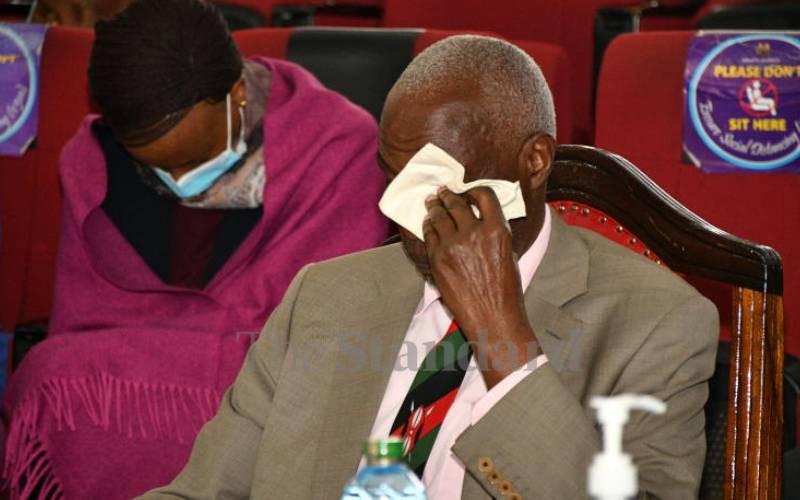×
The Standard e-Paper
Kenya’s Boldest Voice

Questions are being asked whether Kenyatta University vice-chancellor Prof Paul Wainaina should be held responsible for the row between the institution and the State over land.
At the same time, the new Kenyatta University Council says it has started a probe into the conduct of senior officials whose action may have led to the creation of the row.